2020 divided by 10
- Published

I've got some reflection on the changed relationships during the Covid crisis of 2020 - between businesses, between firms and government, with customers, and between us and technology. Despite a very tough year, much has been positive.
As 2020 makes its excuses and slips away, using a side entrance to avoid the baying but socially-distanced mob, I offer brief reflections on the year past, trying to reach beyond the obvious, and leaning uncharacteristically towards the bright side.
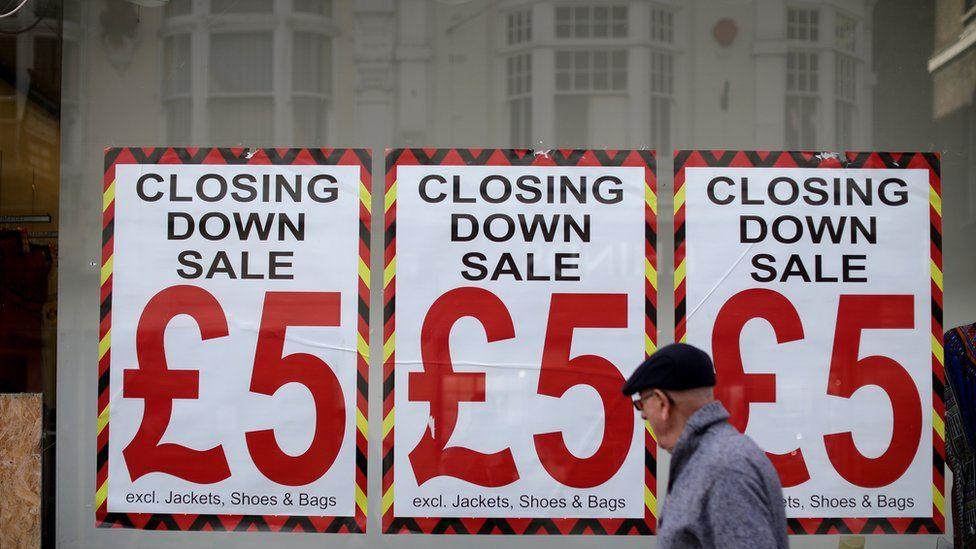
1. There has been extraordinary resilience from private companies this year.
Sometimes, this was by design - often it was by muddling through. No-one was clear which restrictions were next to hit them, their market or their workforce.
The catastrophic fall in revenue for some of them has not fed through to a catastrophic rise in insolvency. Not yet, anyway. Insolvencies in the latter part of the year are down on the same period last year, though the ones that have taken place include some very large retail chains.
Government intervention in wage subsidy, business grants and loans can take much of the credit for the low insolvency rate. In some cases, it will only have bought time, and put off the inevitable. Unwinding from its current level of support will be politically difficult and economically painful.
But it's not just down to mountains of subsidy. Exceptional times have forced businesses to reassess their business models, and many have been very innovative.
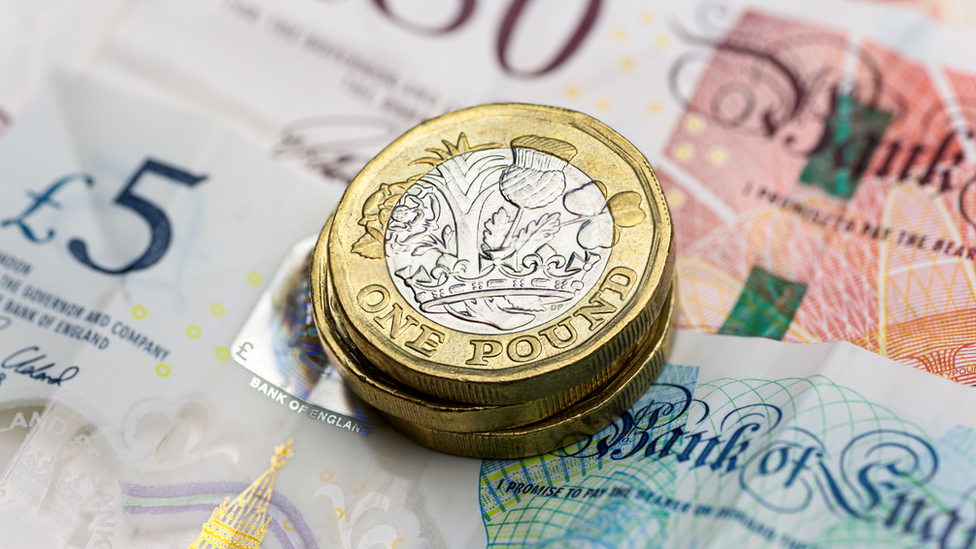
2. While governments have kept workers and businesses from collapse, the shock to the public finances is off the peacetime scale.
The UK government is borrowing nearly £400bn, partly through a loss of tax revenue but mainly because it is splurging on the health service, protective equipment, testing, vaccines, wage subsidy, business support and public transport.
It is doing so at a very low interest rate, and there's a strong consensus that it can continue to do so. Championing a parallel policy on English regional "levelling up" through infrastructure spending, and with expectations high for a revived and improved health service plus long-term care being sorted, it looks like this Conservative government intends to be far from fiscally conservative.
Not only have governments around the UK reached into the details of our lives, to an extent that would have seemed unthinkable this time last year, they have also reached deep into the economy.
Much more propping up of private firms can be expected next year, to plug an enormous gap in private investment while balance sheets are cleaned up and where confidence falters. Governments will be required to pick winning firms and sectors under the post-Brexit rules, while also under pressure to prop up the "too big to fail".
It is going to be much harder to say which sectors should not get support. In other words, governments also have to pick losers.
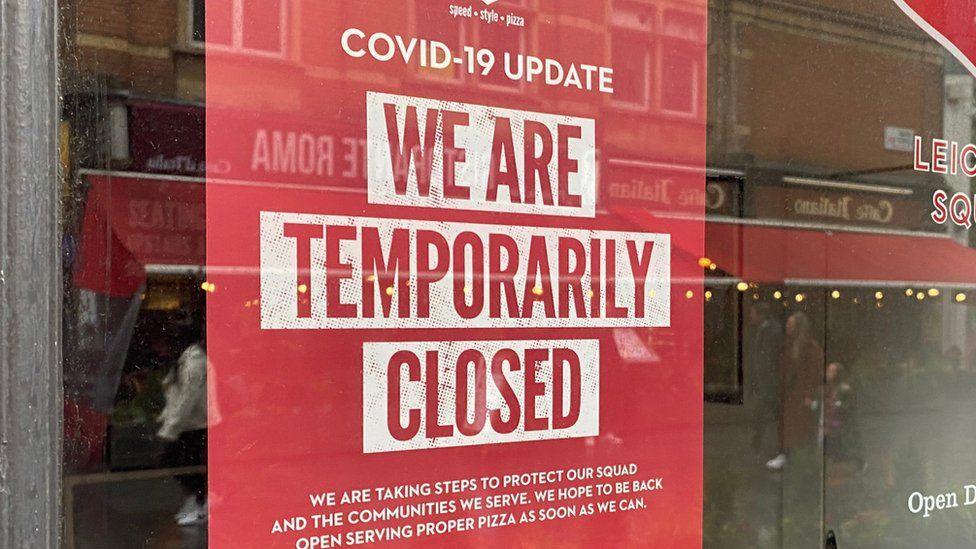
3. Despite government's financial support for business, relations have never been so frayed.
Telling hospitality businesses they have to close, or that pubs can open until 6pm without selling alcohol, has been an intrusion into the free market that hasn't even applied in wartime. Doing so over a prolonged period, with rules constantly in flux, has tried the patience of business.
The frustration has simmered in Scotland, where the first minister has focussed intently on response to the Covid crisis and delegated a lot of her business links to other ministers.
But relations have been much more strained with Whitehall's insistence that economic Brexit had to take place during a pandemic. Deadlines for a new relationship to be finalised came and went since June. The prime minister talked of no deal as being "wonderful", promising Britain would "prosper mightily".
That negotiating technique required him to appear - and possibly to be - completely deaf to the fury within business that their worries about Brexit weren't being heeded.
There is work to be done on repairing those relationships. Yet some hard realities of Brexit, when they become unavoidable to the UK government, may only serve to strain relations further.
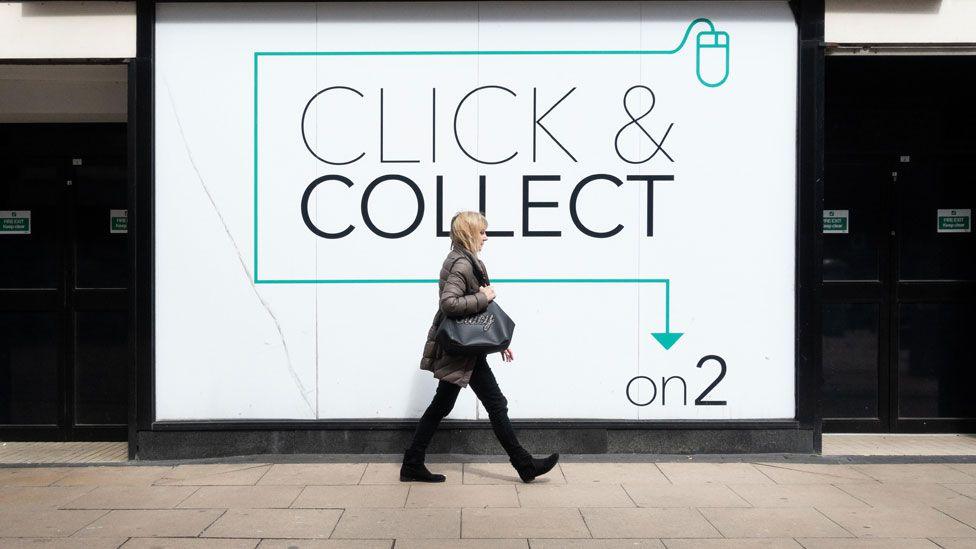
4. Change has come to every businesses - some welcome, where they have been well-placed to pick up on a trend.
Among the more prominent shifts:
More home delivery, more click and collect, direct-to-customer sales models, a pick-up in suburban retail streets, near where Working From Home has become commonplace, and "white collar" jobs have shifted to "leisure pant employment".
Also, financial technology has had a busy time innovating, and it's been a good time to be in the pet business.
For Hogmanay, Barclaycard put out its reckoning on the way UK household spending has changed. Specialist butchers and bakers saw a 29% lift. The "insperience economy" boomed this year, with digital subscriptions up 31% and electronics up 11%.
Spending on takeaway food was up a sizzling 49%, and by 62% for those offering meal subscriptions. Up went home improvements, by 10% year-on-year, once DIY stores were allowed to reopen.
With so much time spent on and looking at the living room furniture, there was also an uplift in sofa sales. For those getting off their bahookeys, cycling and other outdoor retailers saw a lift, as did hobbies and crafts, and florists saw purchases bloom by 23%.
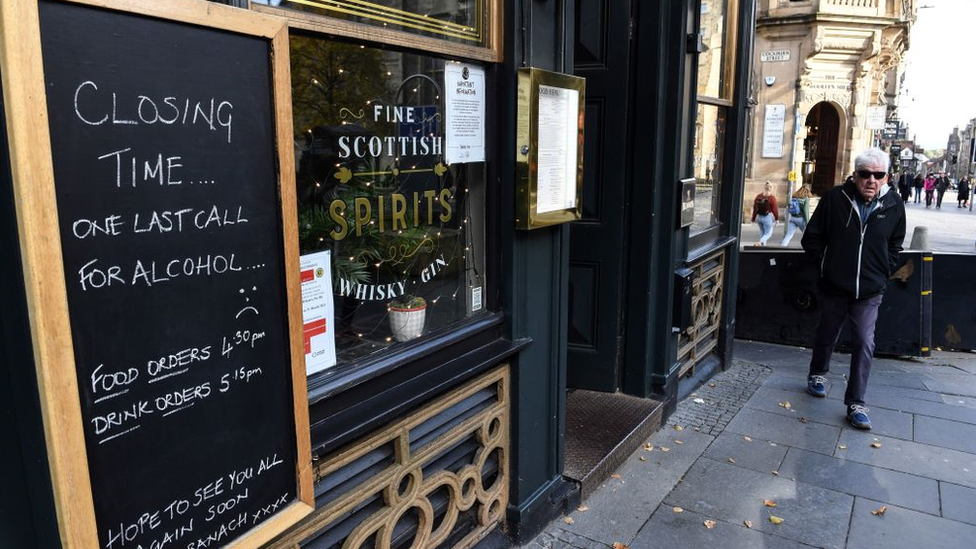
5. For many others, it's been very tough, not least for travel, hospitality, events and leisure.
Apart from business models that depended on us being close together, which were obviously hard hit and may bounce back, much of the other change was coming anyway.
But it has been accelerated. For instance, the shift to online shopping for groceries and much else besides. Contactless and digital payments have been replacing cash and momentum within the energy industry has accelerated away from oil and gas.
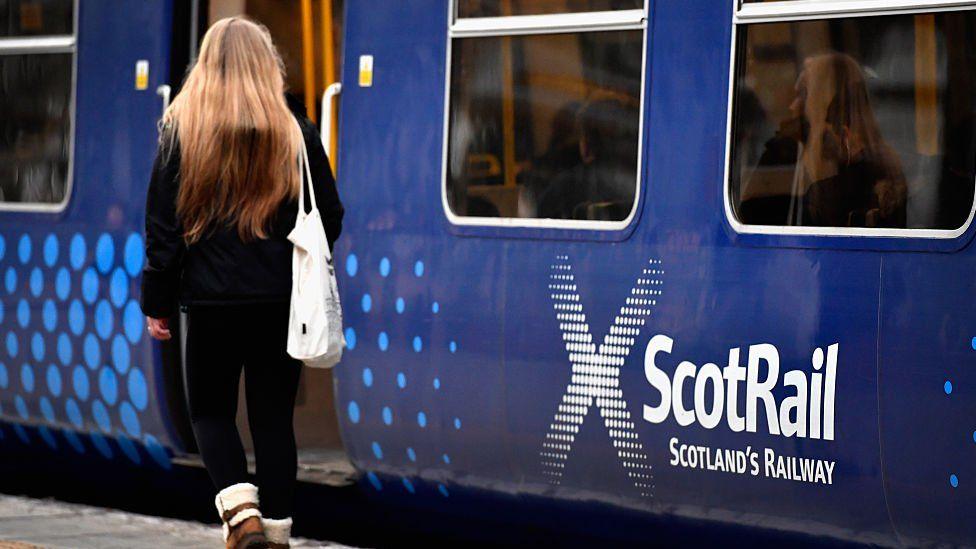
6. The relationship between business and travel has been torn apart.
No longer is it possible, or perhaps even desirable, to go to your workplace, so many have become used to working from home. That has boosted spending on IT hardware and online video calls, for work and our social lives.
The loss of commuting has been a disaster for city centres, the cafes, pubs, restaurants and shops that live off office workers. Tourists have stayed away as well. Commercial property has put a brave face on it, but with retail also in revolt at landlords, there is a reckoning ahead for that sector.
With a sudden fall in fare revenue, public transport has only been kept going with enormous government subsidies. That makes the time ripe for a re-set in the way rail is owned, run and subsidised, which was coming anyway. Likewise for buses.
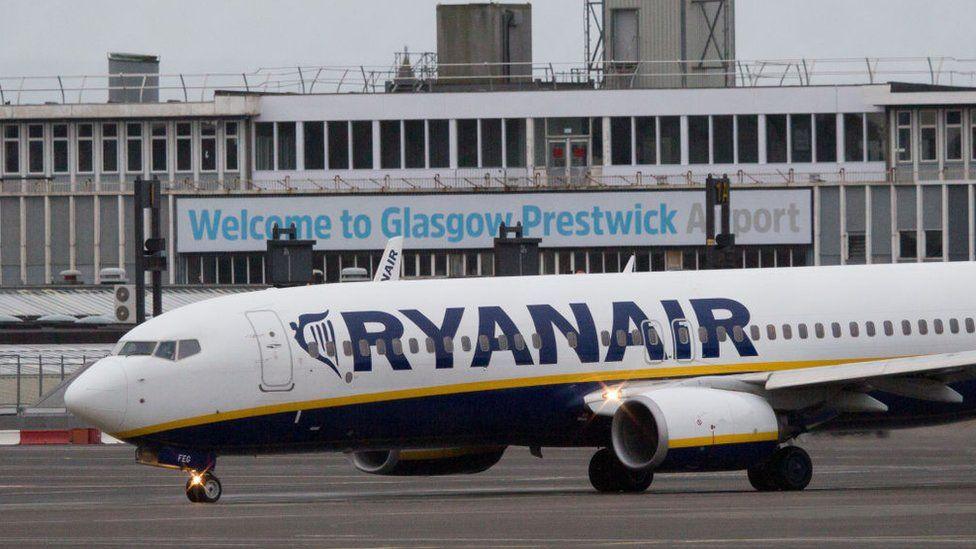
7. The Meeting is being reassessed, for its effectiveness.
The ease of getting together for a chat on Teams, Zoom or Skype has created many unnecessary catch-ups.
But for meetings that have to take place, the ubiquitous technology has also cut out a lot of unnecessary travel time and cost, and allowed some to make much more efficient use of their time.
It is likely to have the biggest impact on international travel, where costs are so much higher. And without business budgets to cross-subsidise the cattle class who have to turn right when they get on an aircraft, you can assume that air travel will be getting more expensive.
While aviation will continue to struggle throughout the new year - first into the crisis, and looking likely to be among the last to exit - another victim of the small video screen has been the business suit and tie.
Likewise, education has been forced to speed up its shift to distance learning. The resulting inequalities will haunt us for a long time.
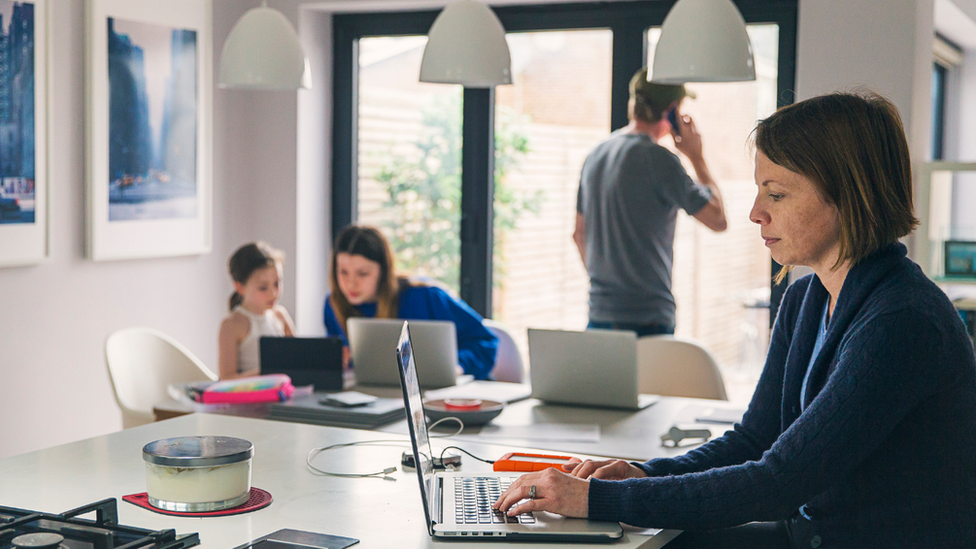
8. Covid-19 has provided an opportunity to reset workplace relations, and there are signs that some trade unions and employers have been seizing it.
Every company begins its annual report saying the safety of its workforce and customers is paramount. This year, they had to show it.
Not only were staff given protection by screens and face-coverings, with staggered breaks to avoid crowding, but they were often encouraged to work from home.
For parents among them, home schooling demands should have been recognised. Work-life balance had to come into management thinking as never before. So did mental health for those working remotely, or under particular stress.
We - all of us - got a different understanding of the risks and challenges of being 'key workers', not only in the NHS, but in home deliveries, bus driving and above all, in care homes. It builds the case for stronger protections and better pay for gig workers and those in paid care roles.
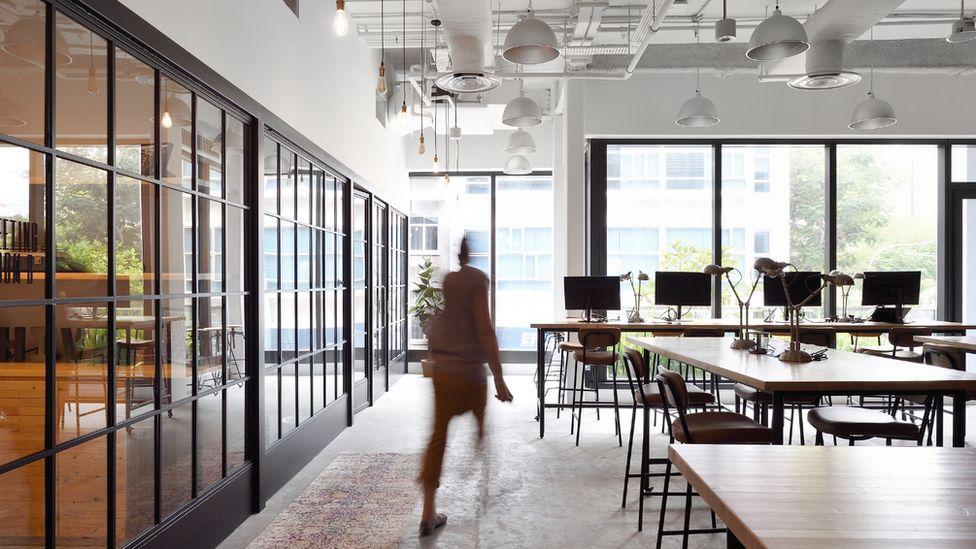
9. We're reassessing priorities.
Was it really necessary to go full tilt for that career? Did the company have to be engaged across so many fronts, when we now know what happens if there's an abrupt stop to one or two of them?
Do we need to spend that time on commuting, when city workers could move to the country, and stay there?
And what of the quality of relationships? We now know better the value of being in the same space as our co-workers. We ought to get much more data on what the change has meant for productivity.
And what of relationships between businesses. We were told they were going to matter more. Those holding out generous credit terms to another one with cash flow difficulties will be remembered for it.

10. My one prediction for 2020.
As I recall it, my one prediction for the year, when it began, was that I would find lots to occupy my time in reporting on the Cal-Mac ferries fiasco at Ferguson shipyard. I got that wrong. It got some attention, but not as much as it deserved.
Other things came along that made a four-year delay and 162% overspend seem relatively minor. But I wouldn't be at all surprised if the same prediction came true in 2021.